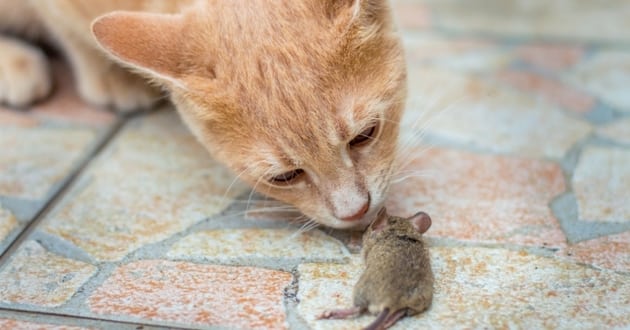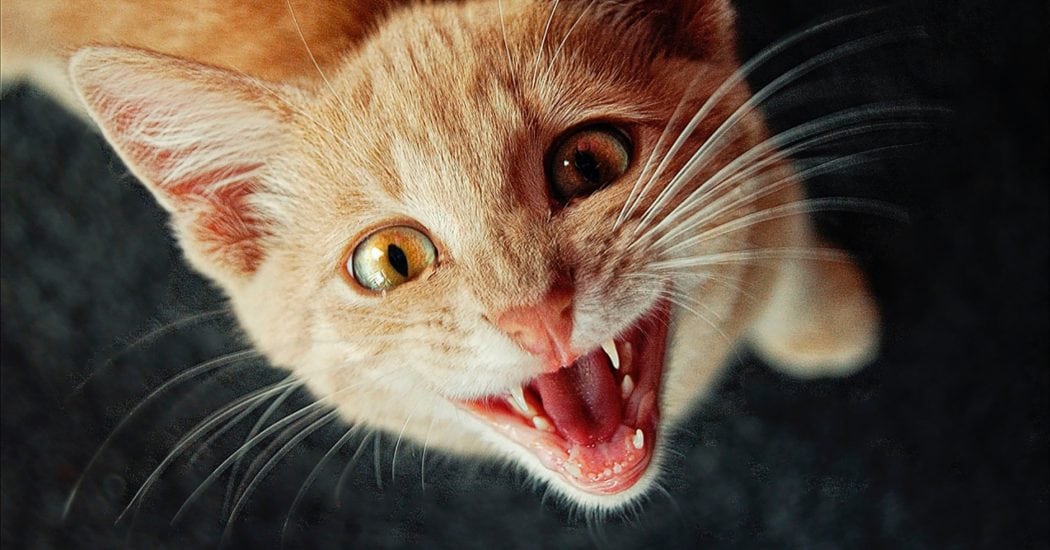
Understanding Your Cat’s Aggressive Behavior
Are you a cat owner? If so, your cat may typically appear to be a calm, cool, and collected cat. After all, many cats are content with lounging around all day with just a few hours of play. Despite the fact that your cat may appear to be calm and mild mannered, there may come a point in time when you notice a change. It is not uncommon for pet owners to report occasional aggressiveness with their cats.

Predators
If you have just witnessed your cat in an aggressive state, fear may be the first thought that enters into your mind. Many cat owners have questions when they witness their cats attack. Many owners want to know if something is wrong with their cat or if it is a danger to those around him or her. In all honesty, you will find it depends. Before deciding if you should contact your cat’s veterinarian, there are a number of important points you will first want to take into consideration.
First, it is important to know that cats, even domestic cats, can be considered predators. The ancestors of your cat relied on hunting to survive. This is not a trait or a characteristic that just disappears. Your beloved cat will also have that need and desire to hunt. This is one of the many reasons why cats occasionally display aggressive behavior.

Hunting
Concerning natural aggressive behavior, many pet owners are concerned, as they provide their cat with enough food. It doesn’t matter how well fed your cat is, he or she will always occasionally feel the need to hunt. For example, has your cat ever killed a bird, mouse, or another rodent? If so, did they consume their kill? Chances are not. This is proof that cats don’t just attack for the sake of food.
As for how you can determine whether your pet cat is just exercising his need to hunt, look at the attack in question. Did your cat try to attack your foot as you walked by? If so, this a normal occurrence and not a sign of something serious.

Overexcitement
Jumping at your feet as you walk by was sited as an example above. This can lead to another cause of aggression in cats; overexcitement. Some popular cat toys on the market are those where balls are attached to a string and your catch chases it. These toys are nice, but they can also lead to some confusion, as your foot may appear similar in nature to your cat’s favorite toy. It is also important to know that cats are sensitive and their mood easily changes. Is this why playtime with your cat can end with you having a scratch or a bite mark.

Territorial
Cats, as with many other pets, are territorial. This is another leading cause of aggression in cats. Is your cat the only pet in your home? If so, they may react with aggression when another pet enters into their territory. The same can be said for children. Do you have children? If not, when a child visits your home, your cat may be frustrated, fearful, or angry with the change, especially inside their territory. The quick movements of small children can also cause a cat to act out. As an important note, cats are typically safe around children. With that in mind, all small children should be watched carefully when around any kind of pet.

Read more: Understanding Why Cats Fight
MORE ARTICLES
© My Awesome Cat
